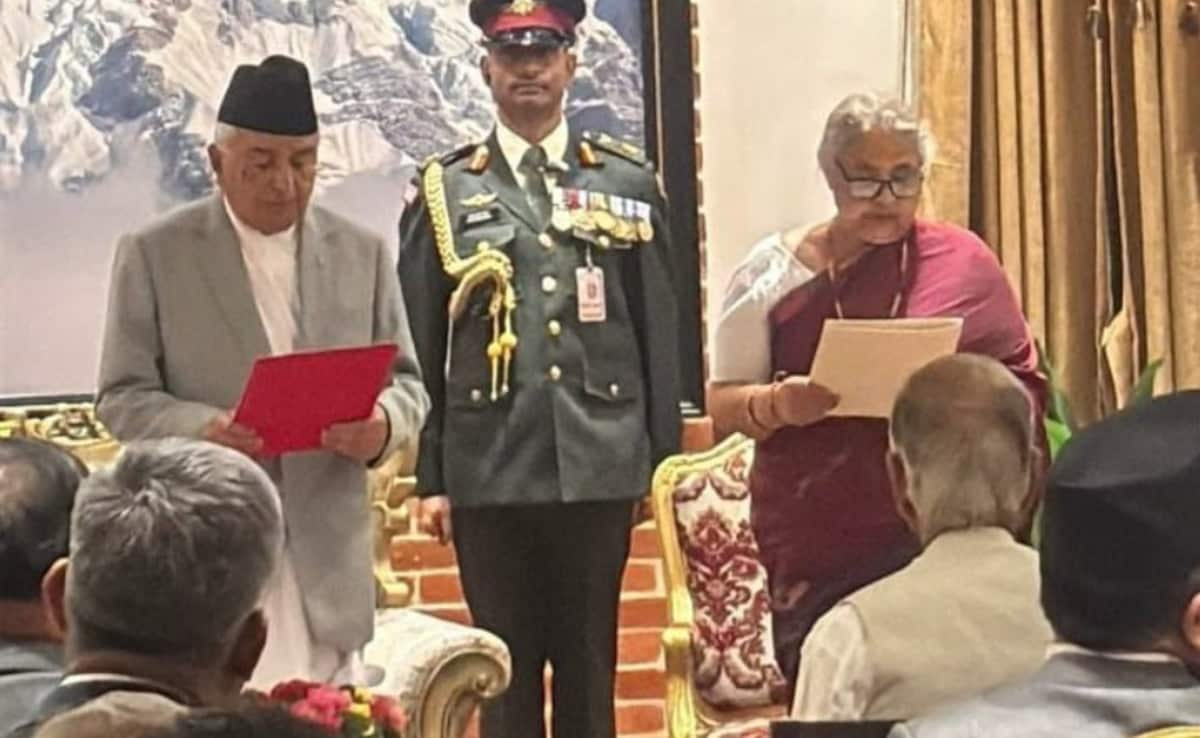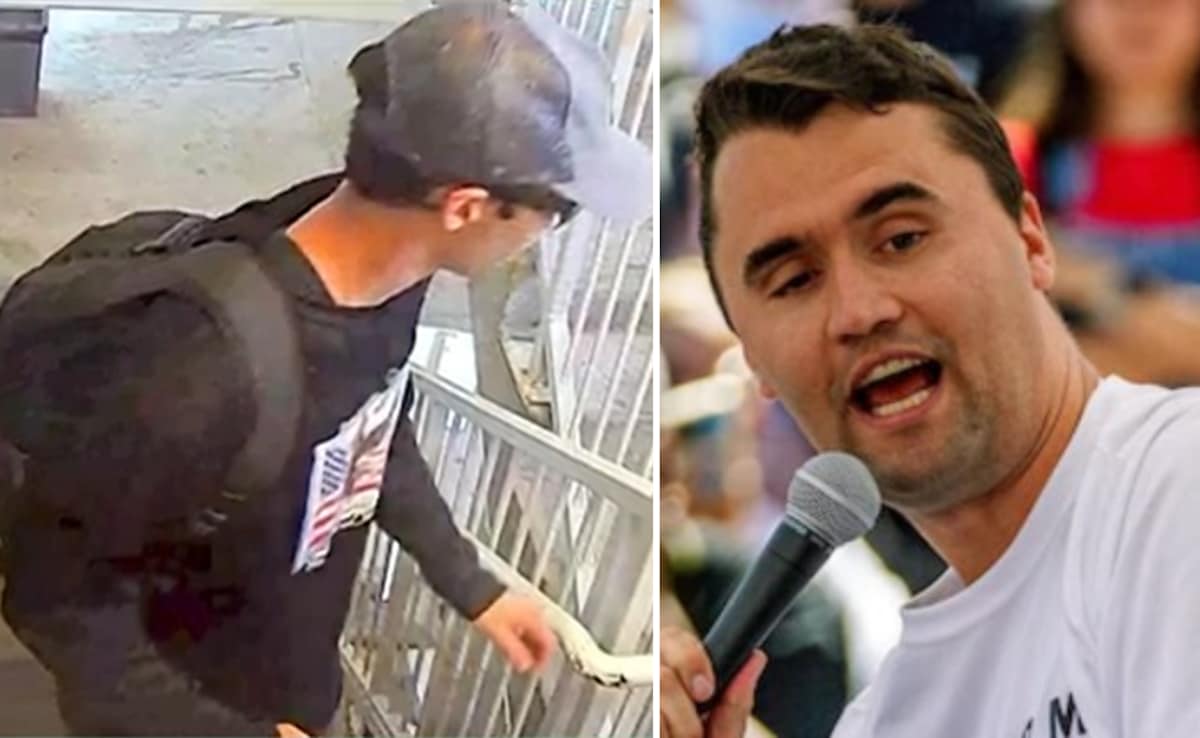Participants said they aim to resume quickly, though they havenât yet firmed up a date. Chinaâs chief negotiator, Wan Qun, said the talks will âresume hopefully before the end of the year.â Enrique Mora, the European Union diplomat who chaired the talks, echoed that, saying: âI hope it will be during 2021.â
The current talks in Vienna among the remaining signatories to the 2015 nuclear agreement â known as the Joint Comprehensive Plan of Action, or JCPOA â opened on Nov. 29, after more than five months, a gap caused by the arrival of a new hard-line government in Iran. There was also a short break last week as delegations returned home to consult with their governments.
The United States has participated indirectly in the ongoing talks because it withdrew from the accord in 2018 under then-President Donald Trump. President Joe Biden has signaled that he wants to rejoin the deal.
âFor the eighth round, we have a lot of work ahead, a very complex task, I have to say,â Mora said. âDifficult political decisions have to be taken.â
The accord was meant to rein in Iranâs nuclear program in return for loosened economic sanctions. Britain, France, Germany, Russia and China are still part of the agreement.
Negotiators from the three Western European powers said they ârespectâ Iranian negotiator Ali Bagheri Kaniâs decision to return to Tehran âthough it brings a disappointing pause in negotiations.â The said the other participants were ready to continue the talks, and stressed that âthis negotiation is becoming ever more urgent.â
After twice expressing frustration during the recent talks, they said that âthere has been some technical progress in the last 24 hours, but this only takes us back nearer to where the talks stood in June.â
Following the U.S. decision to withdraw from the deal and reimpose sanctions on Iran, Tehran has ramped up its nuclear program again by enriching uranium well beyond the thresholds allowed in the agreement. Iran has also restricted monitors from the U.N. atomic watchdog from accessing its nuclear facilities, raising concerns about what the country is doing out of view.
Diplomats from the three European nations said earlier this week that they were âlosing precious time dealing with new Iranian positions inconsistent with the JCPOA or that go beyond it.â
Still, there was one sign of progress on a related issue when Iran and the International Atomic Energy Agency reached a deal Wednesday to reinstall cameras damaged at an Iranian site that manufactures centrifuge parts, though inspectors remain limited on what footage they can access.
âWe hope that Iran is in a position to resume the talks quickly, and to engage constructively so that talks can move at a faster pace,â the European negotiators said.
Iranâs nuclear program âis now more advanced than it has ever been,â making it critical that Tehran refrain from taking further steps that escalate the situation, they said.
âAs we have said, there are weeks not months before the JCPOAâs core non-proliferation benefits are lost,â they added. âWe are rapidly reaching the end of the road for this negotiation.â
___
Associated Press writer Geir Moulson in Berlin contributed to this report.
.png)











 English (United States) ·
English (United States) ·  Turkish (Turkey) ·
Turkish (Turkey) ·